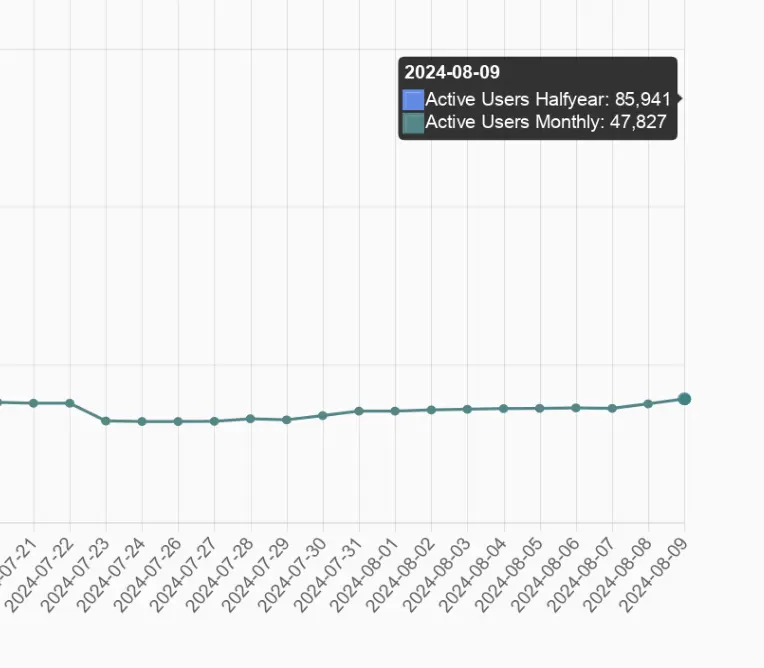this post was submitted on 10 Aug 2024
630 points (97.3% liked)
Fediverse
36839 readers
331 users here now
A community to talk about the Fediverse and all it's related services using ActivityPub (Mastodon, Lemmy, KBin, etc).
If you wanted to get help with moderating your own community then head over to !moderators@lemmy.world!
Rules
- Posts must be on topic.
- Be respectful of others.
- Cite the sources used for graphs and other statistics.
- Follow the general Lemmy.world rules.
Learn more at these websites: Join The Fediverse Wiki, Fediverse.info, Wikipedia Page, The Federation Info (Stats), FediDB (Stats), Sub Rehab (Reddit Migration)
founded 2 years ago
MODERATORS
you are viewing a single comment's thread
view the rest of the comments
view the rest of the comments

The CADT model...that was a short but fun read. I have definitely encountered that model many times in the various jobs.
Years ago, when I was a developer, I loved fixing bugs in other people's code. I felt like I learned a lot from that, and I got a sense of accomplishment out of it. It made users happy, it made my boss happy, and the puzzle solving aspect of it was fun. I was what they called a "maintenance programmer" which was something of an insult, but I didn't mind.
Unfortunately most developers I know hate everyone else's code, think others' code is "garbage" (every single time) and they definitely have a lot more fun building something from scratch than doing bug fixes. They even hate their own code once it's a few months old. Always chasing for the perfect architecture, etc. Which is unfortunate, there's tremendous value in repairing and upgrading existing things.
TF2 community greatly values efforts of The Janitor - sole full-time developer, fixing old bugs in TF2.
I love that.
Value created doesn't translate to value extracted and VCs and managers and marketers and the general public fork over more money in exchange for new shiny than old, reliable, maintained. There are few exceptions.
True, but I've also worked at many places where they hang on to old software systems for years or even decades (think banking, mainframes). Because they "it works, and if it ain't broke don't fix it".